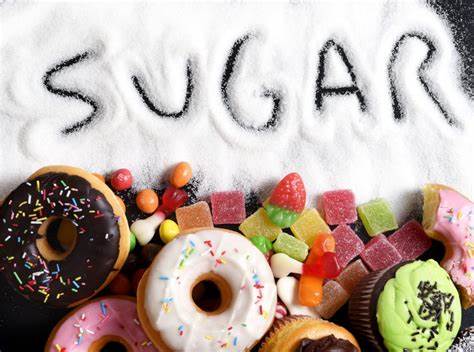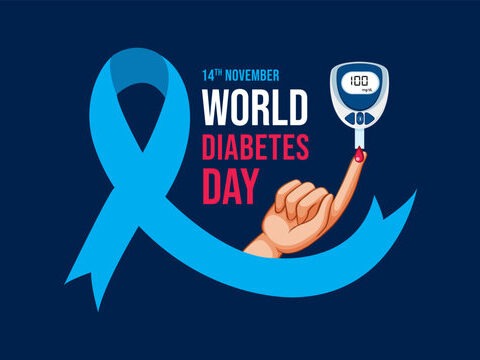The prevalence of health-oriented labels on food products, such as “low fat” and “sugar-free,” often creates a perception of nutritional propriety. However, a closer examination of these claims reveals that they may not always align with the actual health benefits of the products.
This article aims to provide an objective analysis of the implications of these labels and their potential impact on consumer health.
Join our WhatsApp ChannelUnderstanding “Low Fat” Labels
Products labeled as “low fat” typically indicate a reduction in fat content compared to their standard counterparts. Nevertheless, manufacturers often compensate for the diminished flavour by adding sugars, salts, or other additives. For instance, low-fat yogurt may contain increased amounts of sugar to enhance taste, potentially leading to adverse health effects such as weight gain, heightened cravings, and an elevated risk of diabetes.
The Complexity of “Sugar-Free” Claims
The term “sugar-free” may appeal to consumers seeking to manage their sugar intake, particularly those with diabetes or weight concerns. However, it is essential to recognise that “sugar-free” does not necessarily equate to “healthy.” These products may contain artificial sweeteners that have been associated with various health issues, including digestive problems and blood sugar spikes. Furthermore, natural sugar substitutes, such as honey or agave syrup, still affect blood sugar levels and should be consumed judiciously.
READ ALSO: Healthy Eating: How Nigerian Entrepreneurs Are Capitalising On Wellness Trends
The Health Halo Effect
The “health halo effect” refers to the phenomenon where consumers perceive products labeled as “low fat” or “sugar-free” as inherently healthy. This perception can lead to over-consumption of processed snacks that may not provide significant nutritional value. It is crucial for consumers to prioritise whole, nutrient-dense foods, such as fruits, vegetables, whole grains, and lean proteins, which offer essential nutrients and fibre.
Critical Evaluation of Food Labels
Food packaging is designed to influence consumer purchasing decisions. To make informed choices, consumers should scrutinise the ingredient list and nutrition facts panel. Products with lengthy lists of unrecognisable ingredients or high levels of sugar, sodium, or unhealthy fats may be highly processed and detrimental to health.
The Importance of Healthy Fats
Not all fats are detrimental to health. Certain fats, such as those found in avocados, nuts, and fish, play a vital role in bodily functions, including brain health, hormone production, and vitamin absorption. It is essential to differentiate between these beneficial fats and harmful trans fats and refined oils commonly used in processed foods.
Conclusion
The labels “low fat” and “sugar-free” do not necessarily guarantee the healthiness of a product. Consumers should focus on whole, nutrient-dense foods and develop a critical understanding of food labels to make informed dietary choices. By prioritising evidence-based nutrition and mindful eating habits, individuals can cultivate a healthier relationship with food and promote overall well-being.
Amanze Chinonye is a Staff Correspondent at Prime Business Africa, a rising star in the literary world, weaving captivating stories that transport readers to the vibrant landscapes of Nigeria and the rest of Africa. With a unique voice that blends with the newspaper's tradition and style, Chinonye's writing is a masterful exploration of the human condition, delving into themes of identity, culture, and social justice. Through her words, Chinonye paints vivid portraits of everyday African life, from the bustling markets of Nigeria's Lagos to the quiet villages of South Africa's countryside . With a keen eye for detail and a deep understanding of the complexities of Nigerian society, Chinonye's writing is both a testament to the country's rich cultural heritage and a powerful call to action for a brighter future. As a writer, Chinonye is a true storyteller, using her dexterity to educate, inspire, and uplift readers around the world.














